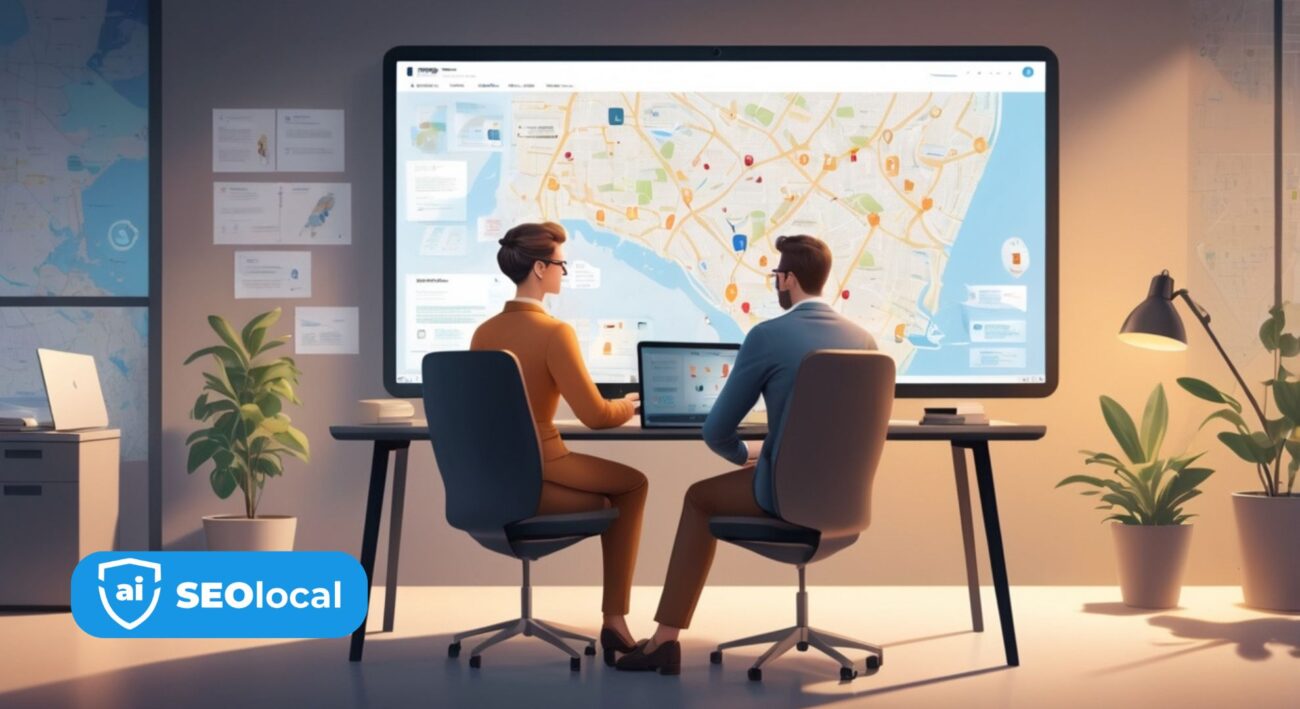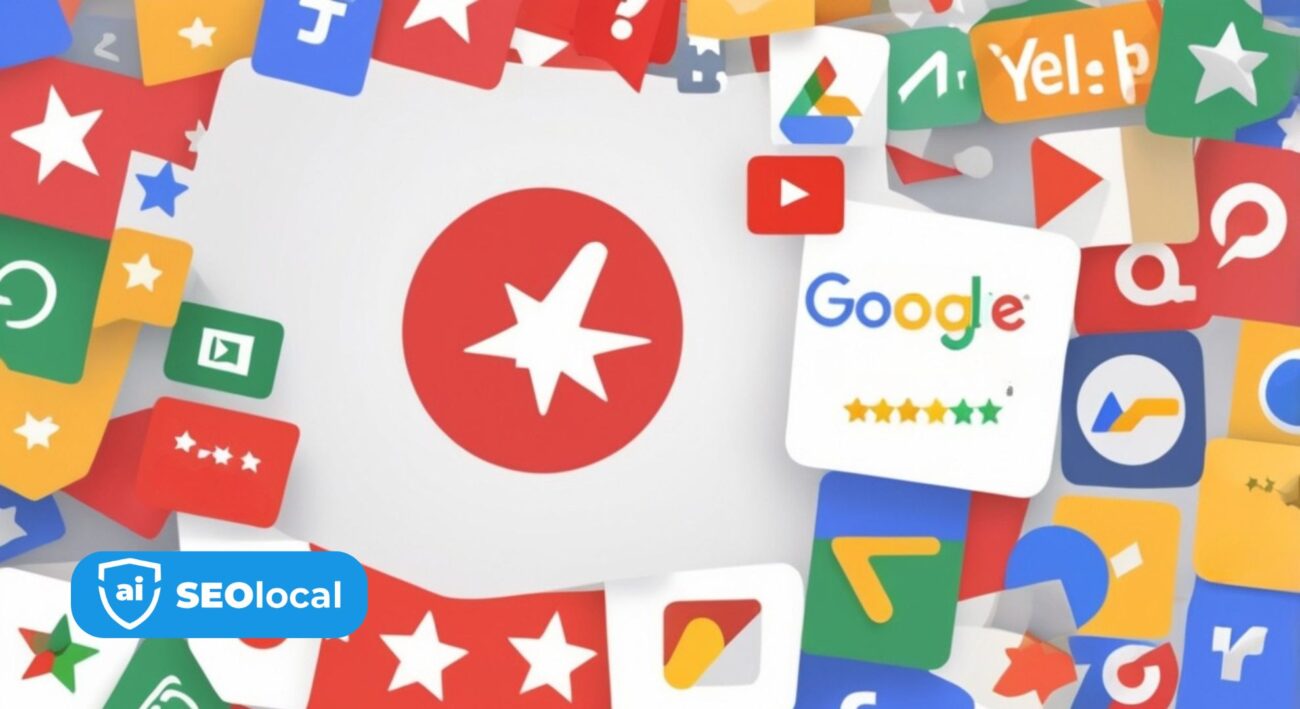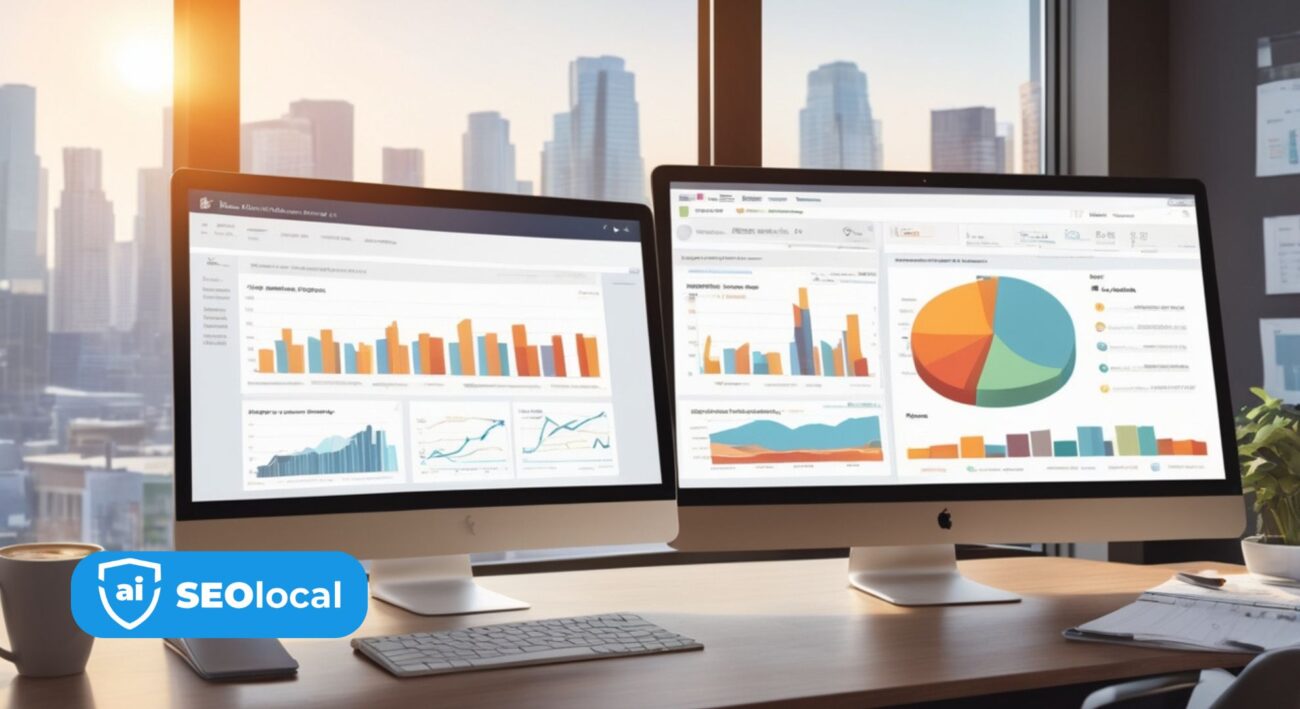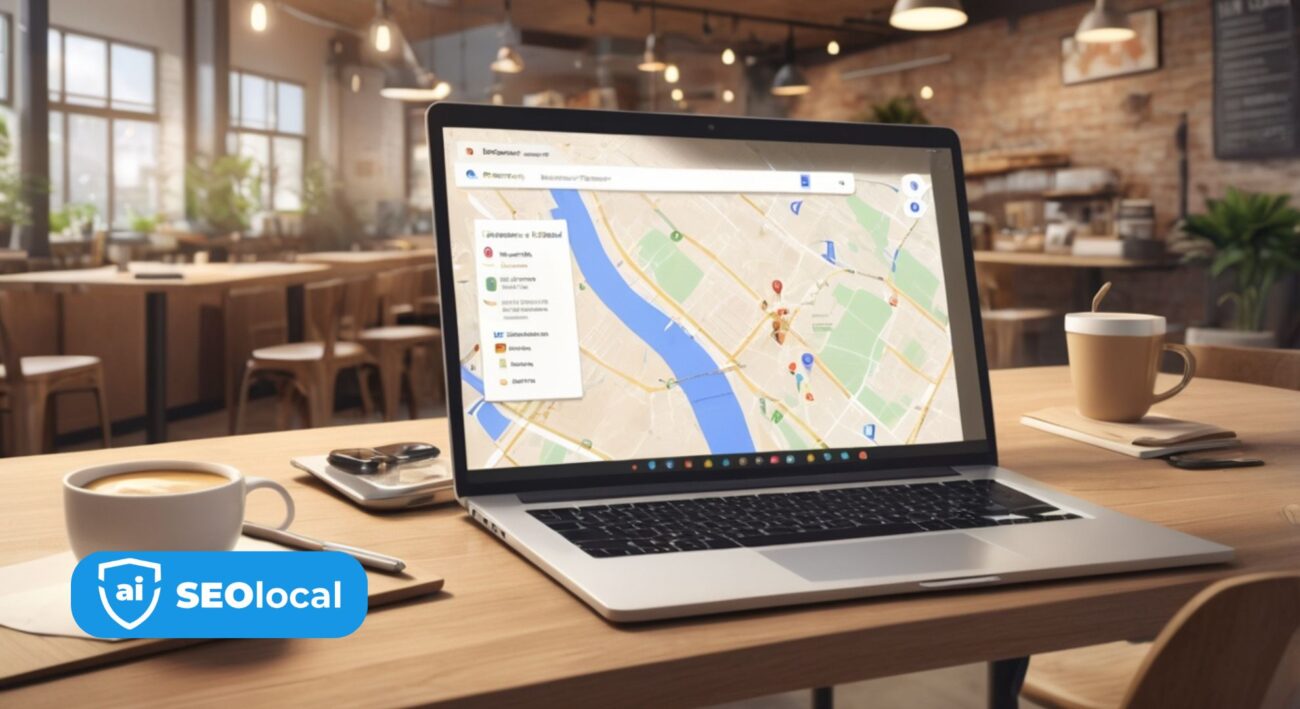
Knowledge Base
Exploring Citation Building Automation Tools for Efficiency
In today's fast-paced digital marketing landscape, businesses are constantly seeking ways to streamline their local SEO efforts while m...
Navigating Local SEO Privacy Compliance for Your Business
In today's digital landscape, local businesses face an increasingly complex web of privacy regulations that directly impact their SEO s...
Google Reviews vs Other Review Platforms: What You Should Know
In today's digital marketplace, online reviews have become the modern equivalent of word-of-mouth recommendations, wielding unprecedent...
Visual Search Local Optimization Strategies for Small Businesses
The digital landscape is rapidly evolving, and visual search technology has emerged as a game-changing force for small businesses seeki...
Finding Niche Citation Opportunities for Your Business
In today's competitive digital landscape, local businesses are constantly seeking ways to stand out from the crowd and improve their on...
Local SEO for Smart Speakers: Tips to Optimize Your Presence
The rise of smart speakers has fundamentally transformed how consumers search for and discover local businesses. With over 135 million ...
Best Practices for Citation Velocity in Your Marketing Efforts
In the competitive landscape of digital marketing, citation velocity has emerged as a critical factor that can make or break your local...
Top Local Citation Tracking Tools for Small Businesses
Managing your business's online presence across the web has become increasingly complex as the number of directories, review sites, and...
Effective Citation Building Outreach Templates for Marketers
Citation building remains one of the most fundamental yet challenging aspects of local SEO success. While many marketers understand the...
Local SEO Strategies Without a Physical Address to Consider
Running a business without a traditional brick-and-mortar location doesn't mean you're invisible to local customers. In today's digital...











